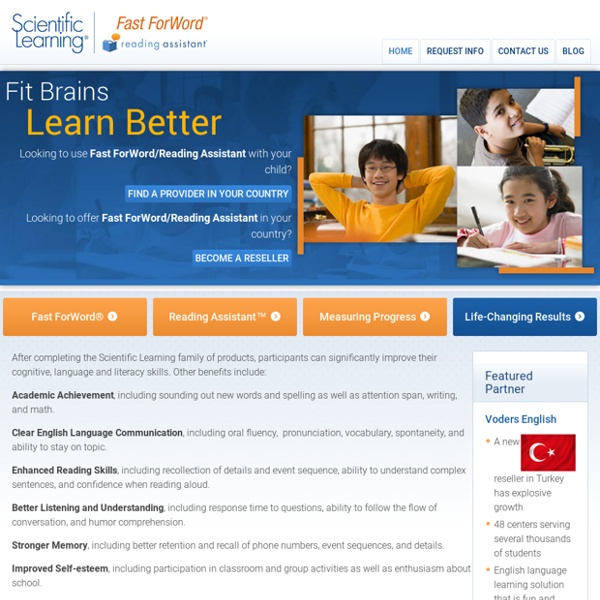



BrainConnection: The Brain and Learning Auditory and Visual System Training, Total Training Package - Posit Science The Total Training Package is now part of BrainHQ! > Sharpen both your auditory and visual systems Think faster, focus better, remember more The Total Training Package is now part of BrainHQ! In 2012, Posit Science launched BrainHQ—an online brain training system that includes all the exercises in the Total Training Package. We encourage everyone who is interested in purchasing the Total Training Package to choose a BrainHQ subscription instead. BrainHQ is online, so you can train on any computer, whether it’s a Mac or a PC (and on your iPad, too).At $8-14 per month, BrainHQ is far more affordable than the Total Training Package.BrainHQ includes all 11 of the clinically proven exercises in the Total Training Package—plus many, many more. Purchase a BrainHQ subscription The CD-ROM version of this product is no longer available, please try BrainHQ for all these exercises and more!
The Reader Online | The blog of the Reader Organisation "On the Brain" with Dr. Mike Merzenich, Ph.D. - Feeling Our Emotions FOR CENTURIES, the fleeting and highly subjective world of feelings was the purview of philosophers. But during the past 30 years, Antonio R. Damasio has strived to show that feelings are what arise as the brain interprets emotions, which are themselves purely physical signals of the body reacting to external stimuli. Born in 1944 in Lisbon, Portugal, Damasio has been chair of the University of Iowa's neurology department since 1986. He and his wife, neurologist Hanna Damasio, have created one of the world's largest databases of brain injuries, comprising hundreds of studies of brain lesions and diagnostic images. As profound as some of the damage is to Antonio Damasio's patients, all of it informs his understanding of how emotions and feelings arise and how they can affect mental illness. In recent years, Damasio has become increasingly interested in the role emotions play in our decision-making processes and in our self-image. —Interview by Manuela Lenzen Antonio R. Damasio: Yes.
Speed Reading, Reading Software, and Better Reading Comprehension Brain Training | Brain Exercises | Brain Fitness Games | Brain Metrix Genes to Cognition Online Cheshirelib Language and Mind Mastery — by Polyglot Stuart Jay Raj Neuroscience Online: An Electronic Textbook for the Neurosciences | Department of Neurobiology and Anatomy - The University of Texas Medical School at Houston